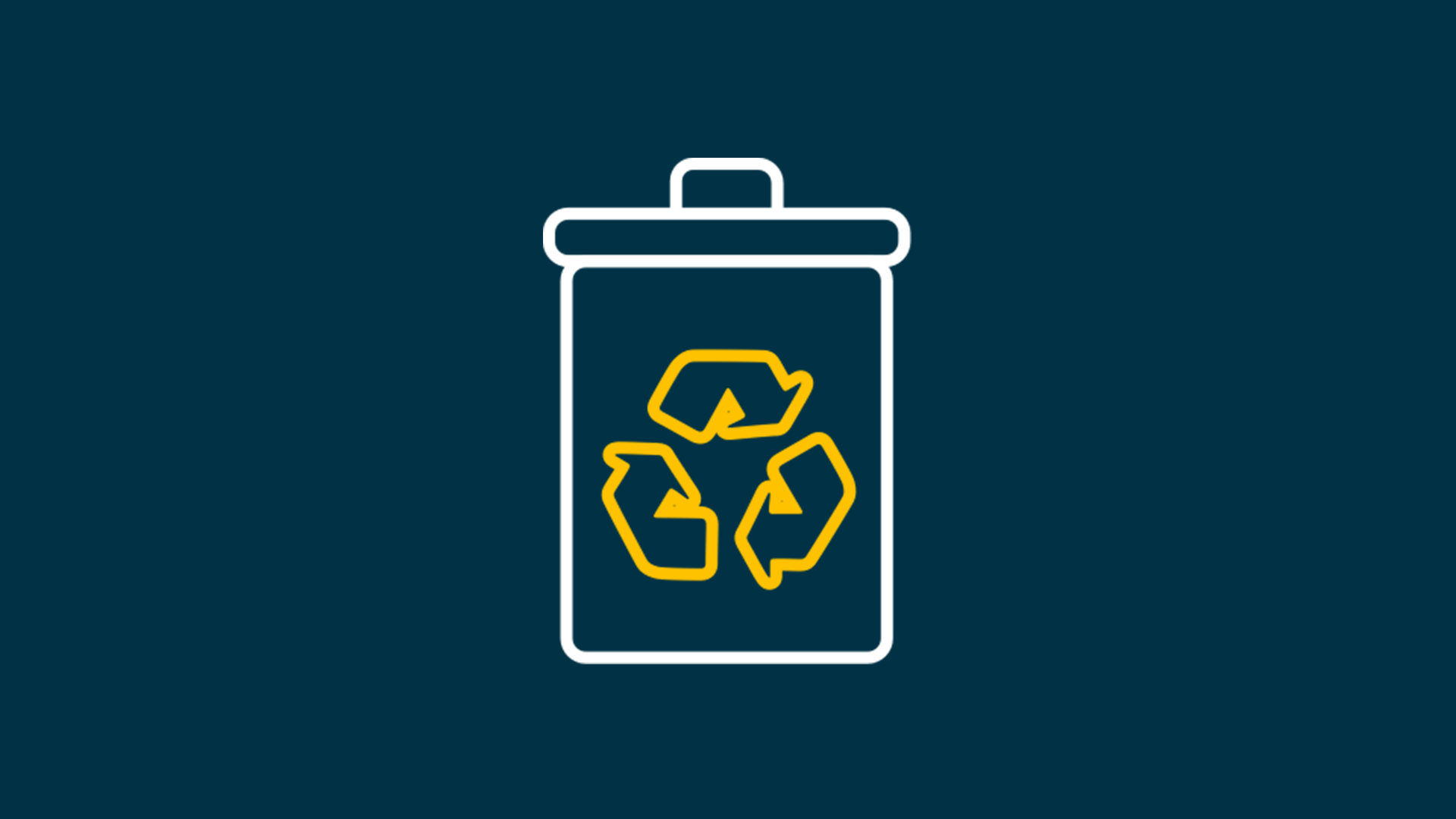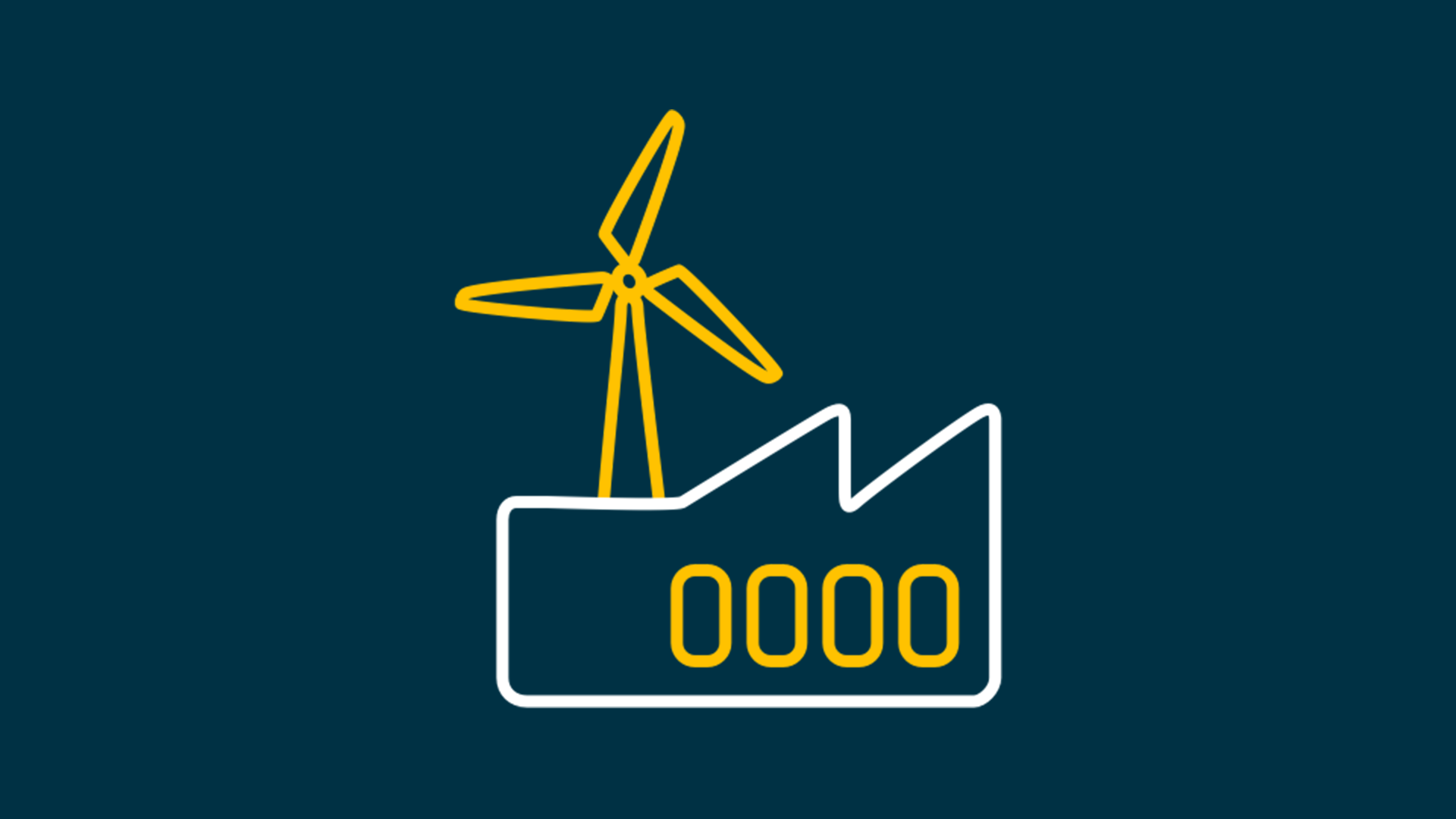Circular and renewable
At MPB, we make visual storytelling good for the planet by recirculating gear and using plastic-free packaging, low-carbon data centres and couriers that invest in electric vehicles and sustainable fuels.

The core principles of circularity are keeping products and materials in use, eliminating waste and pollution, using renewable energy, and regenerating natural systems. A truly circular approach to making and using products, combined with renewable energy, is key to halting the climate crisis and ensuring healthy air, water, and soils, for future generations.

Our business model—buying, selling and trading used gear—is circular. And, through our choice of packaging, furniture and equipment, we are applying circular principles to our operations.
We send zero in-bound or operational waste to landfill. Our packaging is plastic free, uses sustainably sourced or recycled card and paper, and is simple to reuse or recycle. We aim to buy or lease only essential equipment and furniture, keep items in good condition and donate or trade them if no longer needed.

In 2024, MPB began purchasing 100% renewable electricity certificates equivalent to our annual usage in our buildings in Brighton, Berlin and Brooklyn.
These Energy Attribute Certificates (EACs) are regulated certificates issued as proof of renewable generation within a specific country. For each MWh of renewable electricity produced and exported to the grid, an EAC is created and can be purchased by an electricity user. By purchasing EACs for solar, wind and hydro generation, we are doing our part to expand commercial investment in renewable electricity.
Our cloud-based tech platform supplier uses renewable electricity. More than 70% of this is directly from renewable generation. The rest is matched with renewable electricity certificates, on the way to being 100% carbon-free by 2030.

We work with courier partners that have set clear and ambitious climate goals and are investing heavily in electric vehicles and sustainable fuels.
DPD aims to be the greenest shipping company on the planet with a strong focus on electric and ultra-low emission vehicles, green packaging, and renewable electricity.
DHL has committed to Net Zero 2050 and has set ambitious 2030 climate goals on electric shipping and uptake of sustainable aviation fuels.
FedEx is targeting carbon-neutral operations by 2040, including vehicle electrification, renewable energy, sustainable aviation fuels, and carbon sequestration.

MPB is tracking, seeking to reduce and—for 2021 onwards—offsetting greenhouse gas emissions from the energy used in MPB buildings and from our recycling, data centers, business flights and courier services. In 2022, we added digital advertising and staff commuting to our carbon accounting.
Our goal is to be net zero—as close as possible to zero carbon without carbon offsetting—for electricity used in our buildings and data centers by 2030 and for courier services on the ground by 2035. For air transport, we only use airlines and air couriers that are investing in sustainable aviation fuels and hybrid propulsion, as well as offsetting and carbon removal. Offsetting alone isn’t enough to stop the climate crisis. But, when done thoughtfully as part of strategic climate action and investment, it does make a positive environmental and social contribution.
We offset our 2021 emissions with credits from the Naija Stoves project in Nigeria, our 2022 emissions with credits from the Kampala Cookstoves project in Uganda, and our 2023 emissions with credits from the Lake Victoria project in Nigeria. These nationwide projects provides clean and efficient stoves for cooking and heating, avoiding carbon emissions, and reducing indoor air pollution and deforestation.
In addition, for 2023 we also purchased carbon credits from the Atlanta Concrete project, equivalent to the emissions from our business air travel. This project involves some carbon capture and storage alongside avoidance of carbon emissions.